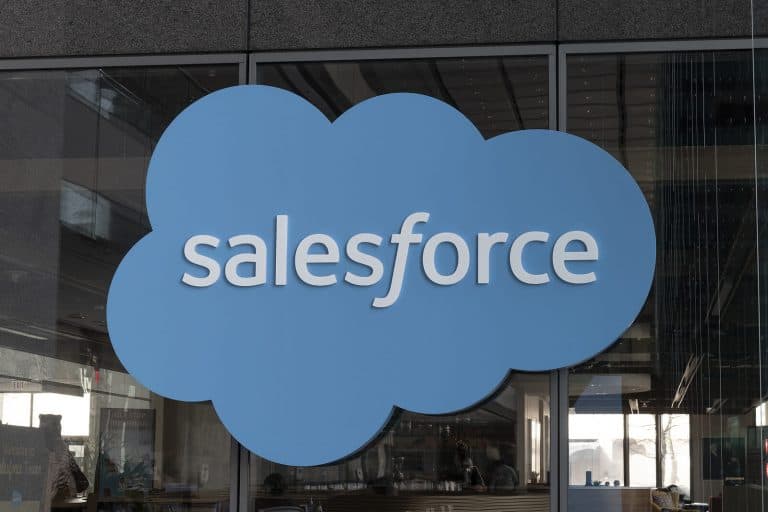It’s probably coincidence, but Samsung did something companies have rarely done before. The company made some pretty significant announcements on the final day of a major industry event – in this case, CES 2021.
Three new smartphones, the Galaxy S21 5G, S21+ 5G, and S21 Ultra 5G. New Galaxy Buds Pro earbuds with active noise cancellation and hands-free, voice-activated interoperability with the new phones. And perhaps most valuable to everyone reading this, the Galaxy SmartTag, a $30 tracker you can attach to almost anything you might lose, from your wallet to your laptop. You can then track your lost item with an app on your Galaxy phone.
You can even get a free SmartTag with the purchase of any Galaxy S21 phone. Which for people like me might be enough to justify getting a new Galaxy S21 phone. But I digress.
There were many other announcements at CES 2021 of interest and potential value to business technology decision makers than I’ve covered in my posts this week. And I’ll highlight some of them in upcoming posts. For now, though, I want to focus on the event as a whole, and its larger implications for you and your business.
If there is a single major takeaway from CES for business technology decision makers, it’s this: watch this space. You and everyone you work with is either already a corporate consumer, or will soon become one. This means the formerly pretty clear distinctions between consumer and business technologies are blurring and disappearing.
It also means your business must adapt its IT resources to deliver engagement and ease of use comparable to that provided by online gaming, shopping, and socializing experiences.
For many businesses, a first step toward that adaptation is making those IT resources as easily accessible from a smartphone or a tablet as they are from a laptop or desktop computer. And no, that doesn’t just mean displaying those resources on a browser. It means modifying and updating those resources to take advantage of the unique features of mobile devices, without introducing incompatibilities or increasing security risks.
Another key takeaway: laws and regulations matter, and will likely affect your business sooner or later. You and everyone you work with is or should be concerned about privacy and data protection.
You may think regulations such as the Communications Decency Act only matter to social networks such as Facebook and Twitter. But every company that does any business online needs to guard against running afoul of regulations that will continue to evolve indefinitely.
If your company makes, say, connected exercise equipment, you may want to follow the lead of companies such as Peloton, and cultivate community among your customers. So what happens if one of your trainers says something controversial during a group workout, and customers complain?
Who’s going to be held responsible and subject to censure or worse? Maybe your company. Similar challenges and risks can apply to a variety of similar scenarios. Which means you and your colleagues must incorporate monitoring legal and regulatory developments into your online business strategies.
(The folks who publish Politico have launched Protocol, journalism focused on “the people, power, and politics of the tech world.” You might find Protocol content useful in your efforts to keep more and better track of developments in tech, consumer-focused and otherwise.)
The first virtual CES has been unique, interesting, and highly informative. I hope my posts this week are helpful as you evolve your strategies, plans, and actions related to digital transformation, continuing pandemic response, support for work from home, and other critical efforts.
The IT Chronicles team looks forward to helping many of you tell the stories of your successes and lessons learned right here.
Thanks for reading. Come back often.






